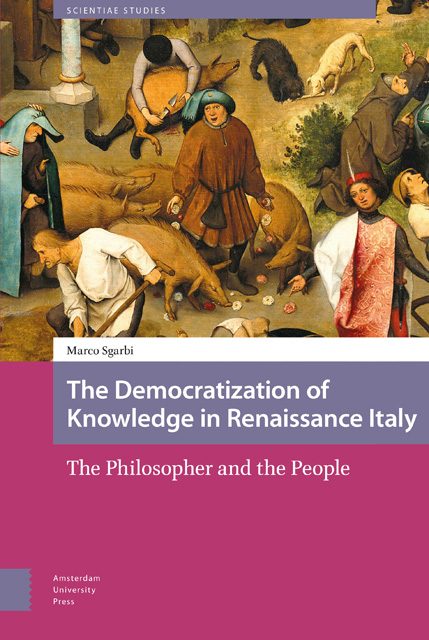Appendix 1
Published online by Cambridge University Press: 15 June 2023
Summary
The sources are divided here according to discipline and each group brings together authors from different periods using different linguistic registers. In italics I emphasize in bold the intended recipients of these works.
… having laboured … to reduce to the form of paraphrase all eight books of the Politics … adding a particular commentary to each book, as well as various annotations and pertinent questions to help in the overall understanding of the text, which it has been greatly pleasing to bring to this point, as it has allowed me to see clearly how great a benefit the civil discourses written by Aristotle are to men, who are manual operators of government, for setting them up, ordering them, and maintaining them.
Since no small benefit is derived by men from the knowledge of government and the running of cities, in these past days from Greek sources I have drawn Italic streams, the eight books of the Republic, which they call Politics.
But since the doctrine of Aristotle is wrapped in considerations of such depth that a great deal of study and attentive research is required of any who wish to master it, it has been my intention to ease the way of this science, reducing it so to speak to the substance, and explaining it clearly and succinctly, so that thus exposed to greater ease of understanding it shall reveal of its own the errors that have entered into the art of politics from the world … having left aside the digressions, the responses and the lengthy disputations … I have captured the sentiment of Aristotle … so that, if I am not mistaken, in brevity no greater clarity could be wished for, nor could such breadth of material be reduced to greater brevity. And in so doing I believe I have made a useful and worthy contribution to Princes & men of republic & court, for whom it shall serve as a reminder of civil discipline, seeing as they are distracted by their work and responsibilities and cannot normally attend to such studies ….
- Type
- Chapter
- Information
- The Democratization of Knowledge in Renaissance ItalyThe Philosopher and the People, pp. 209 - 234Publisher: Amsterdam University PressPrint publication year: 2022

